Last-Minute Decisions That Altered the Path of History Forever
The course of history can be changed by a single decision, whether intentional or not. Sometimes, these decisions are made after long periods of contemplation and planning.
However, in some cases, they are made on the spur of the moment, at the last possible second. Today, we’re going to explore some of the most significant last-minute decisions in history and their impact on the world.
Escaping a Titanic Fate
David Blair was a Second Officer on the Titanic, the luxurious passenger liner that famously sank on its maiden voyage in 1912. Just before the Titanic departed from Southampton, England, the White Star Line decided to switch Blair with another officer, Henry Tingle Wilde.

Source: Pinterest
Apparently, Blair forgot to hand over a key to a locker containing the ship’s binoculars to his replacement, which was a fatal mistake. The lack of binoculars reportedly hindered the lookout’s ability to spot the iceberg, ultimately causing its sinking.
The Decision to Drop Atomic Bombs on Nagasaki Instead of Kokura
The United States had a list of potential targets for the atomic bomb during WWII, including Kokura. However, politicians were unsure about using nuclear weapons until just before the bombings.
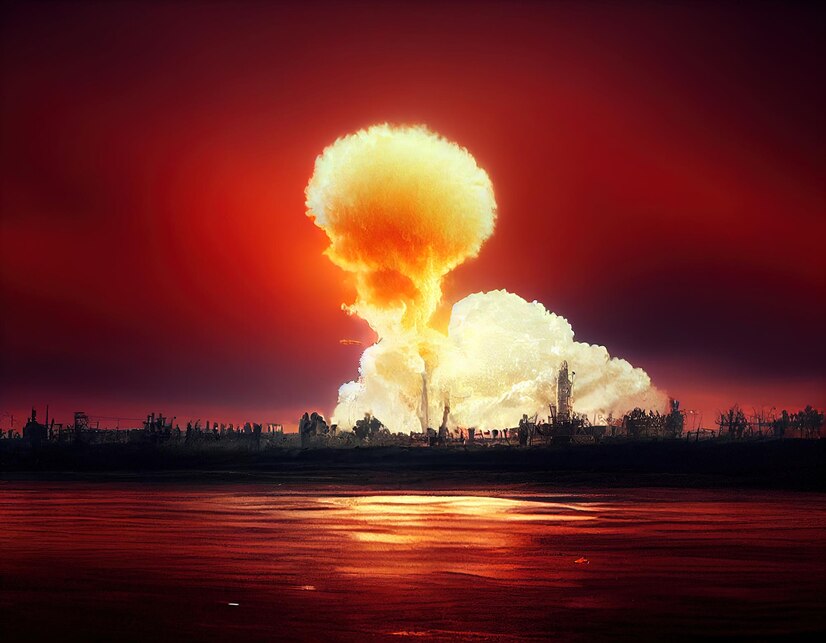
Source: Freepik
During the mission, crewman Kermit Beahan was responsible for choosing the target, but the cloudy weather made it difficult to see all of Kokura. As a result, Beahan decided to call off the attack on that city, and Nagasaki became the target instead.
Lincoln Attends the Theater
On the evening of April 14, 1865, former President Abraham Lincoln made a last-minute decision to attend a play at the Ford’s Theatre in Washington, D.C., despite being warned of potential danger. He had initially planned to attend with his wife, Mary Todd Lincoln, but she declined the invitation.
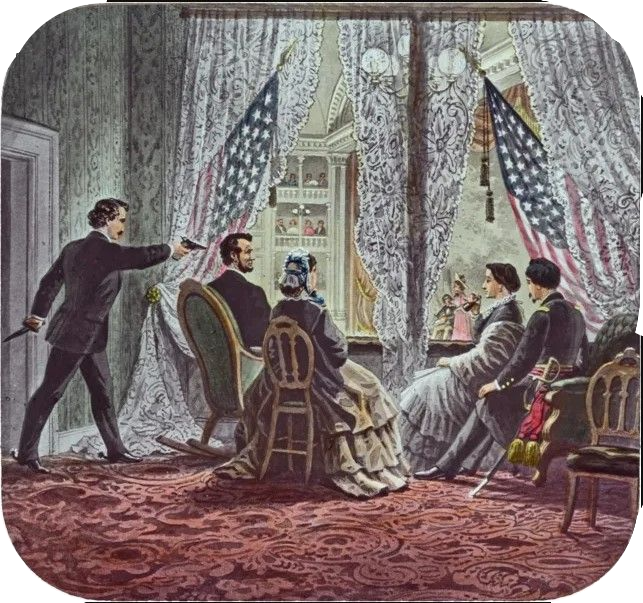
Source: Alamy
As Lincoln watched, John Wilkes Booth, an actor, and Confederate sympathizer, carefully snuck into Lincoln’s box to shoot him in the back of the head. Lincoln’s last-minute decision to attend the theater ultimately cost him his life and had far-reaching consequences for the nation.
The Day the Music Died
On February 3, 1959, Buddy Holly was on tour, when a cold winter day, the heating on the bus was not working properly. As they traveled through Iowa, Holly decided that he wanted to have his clothes laundered before the next show.
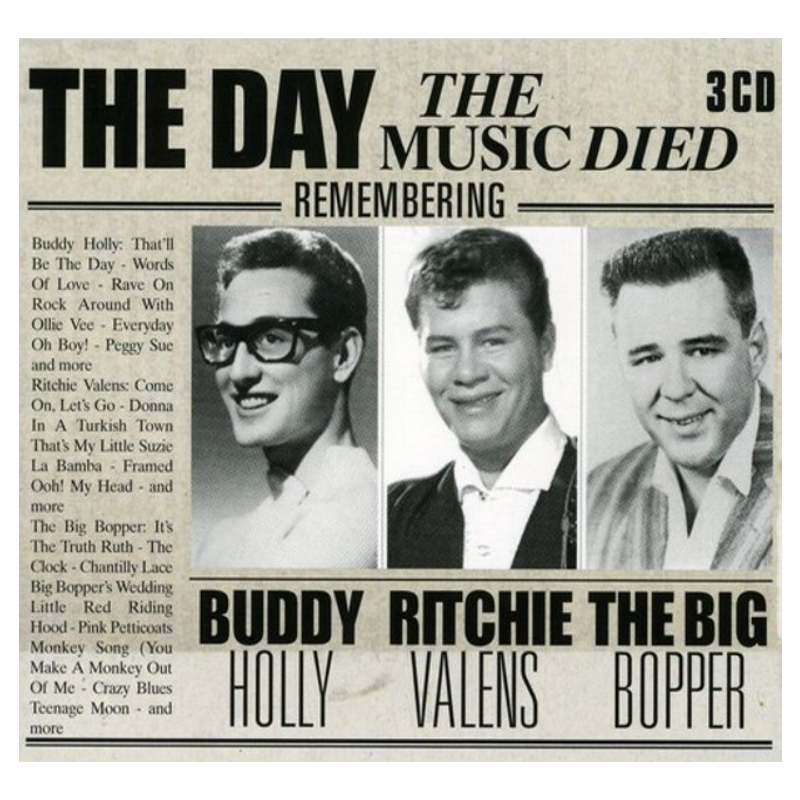
Source: Facebook
Holly decided at the last minute to charter a small plane to fly him and his bandmates to Moorhead. The plane, a Beechcraft Bonanza, was piloted by a young and inexperienced pilot named Roger Peterson. Unfortunately, the plane crashed just minutes after takeoff, killing all on board.
“It Takes More Than That to Kill a Bull Moose”
On October 14, 1912, former President Theodore Roosevelt was getting ready to leave for a speech and was shot at close range by a would-be assassin. The bullet went through his steel eyeglass case and a 50-page speech he had folded in his pocket, before lodging in his chest.
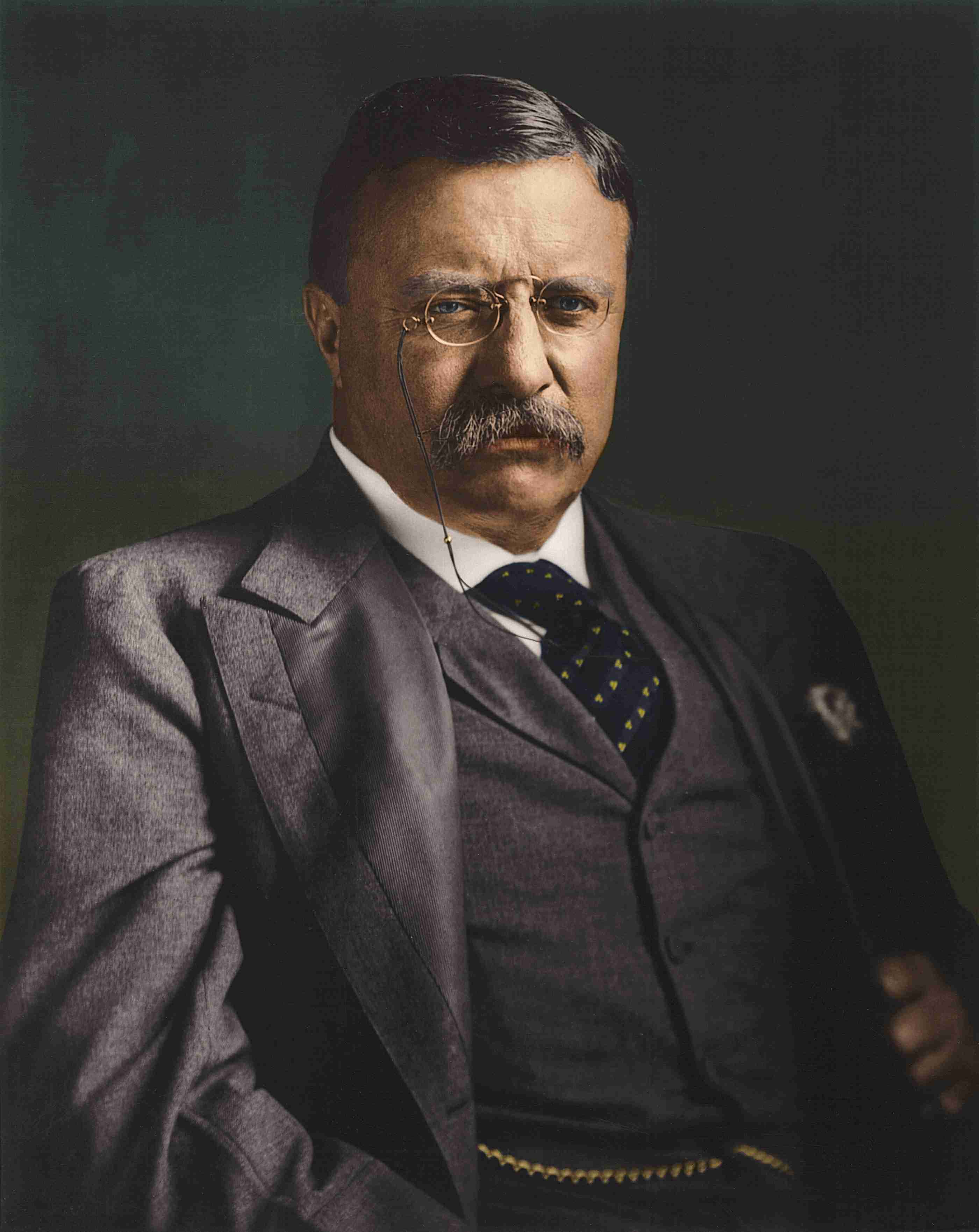
Source: Alamy
Despite being wounded, Roosevelt insisted on giving his scheduled speech for 90 minutes, keeping the bullet lodged in his chest the entire time. Doctors later said that the speech had actually saved Roosevelt’s life, as the bullet had slowed down considerably after passing through the folded pages of the speech.
Who Knew a Wrong Turn Could Start a War?
The assassination of Archduke Franz Ferdinand of Austria-Hungary in Sarajevo in 1914 is often cited as the event that sparked World War I. However, it was a wrong turn by the Archduke’s driver that brought him face-to-face with his assassin, Gavrilo Princip.
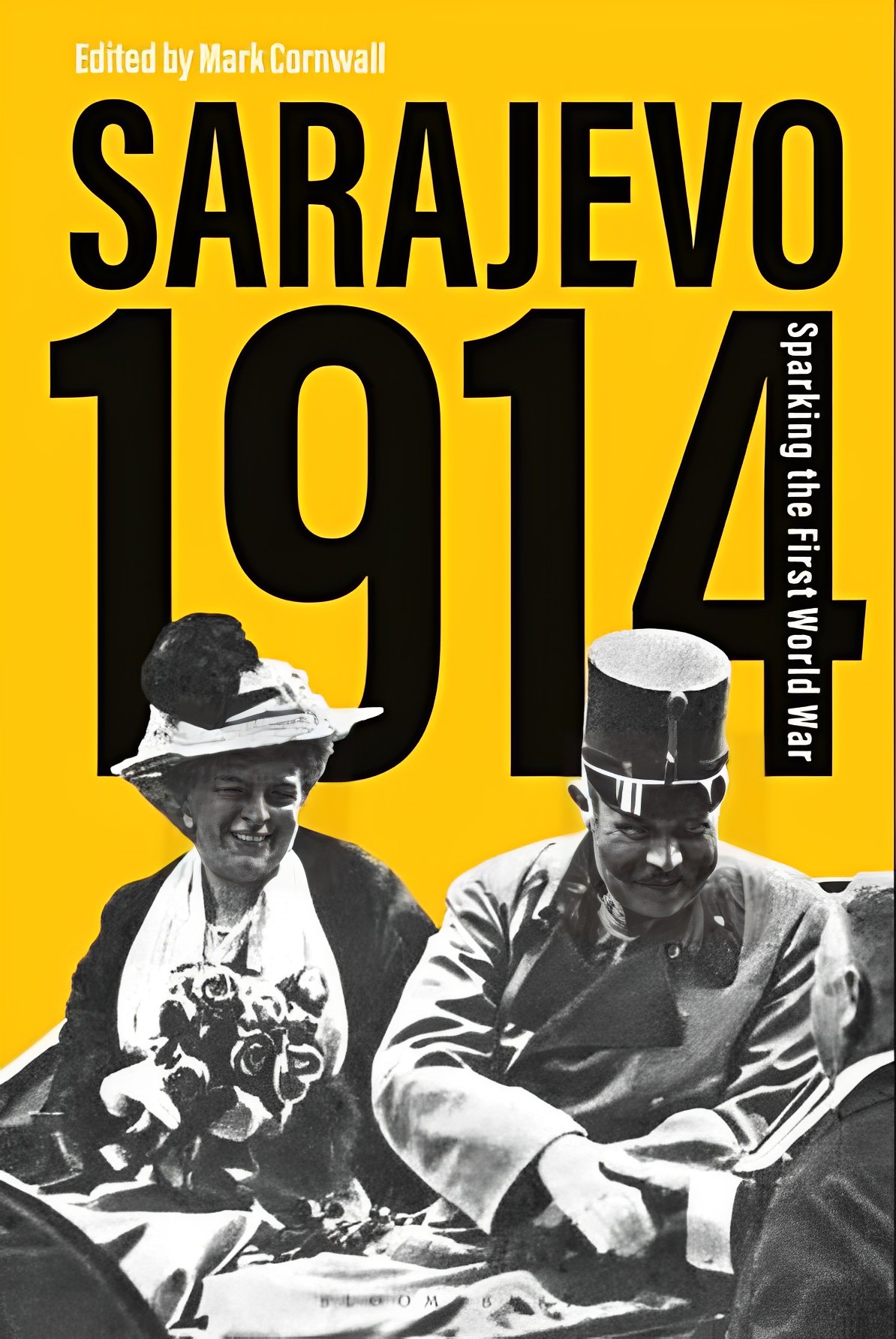
Source: Pinterest
After the assassination, Austria-Hungary declared war on Serbia, leading to a chain reaction of alliances and declarations of war that ultimately led to World War I. Had the driver not made the wrong turn, it’s possible that the assassination attempt would have been unsuccessful, and the war may have been avoided.
Could D-Day Have Gone Differently?
Erwin Rommel was a German general during World War II who was in charge of German forces defending the coastline of Normandy, France against the impending Allied invasion. However, Rommel wasn’t present on June 6, 1944 (the day of the invasion) as he was on leave to celebrate his wife’s birthday.
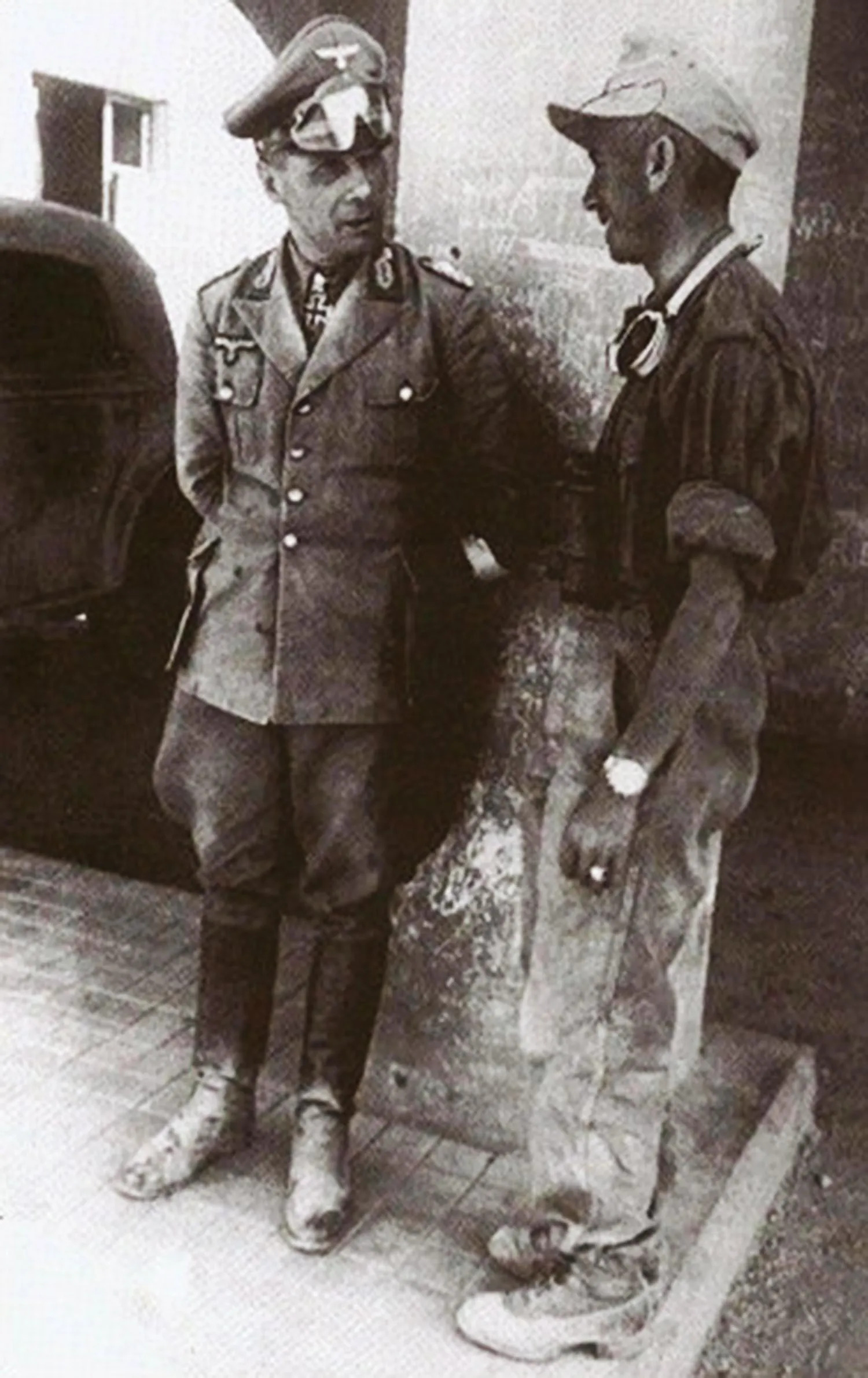
Source: farbound.net
Rommel’s absence from the battlefield on D-Day has led to speculation about what might have happened had he been present. Some historians argue that his tactical expertise and leadership could have significantly impacted the outcome of the battle.
The Misread That Tore Down the Berlin Wall
On November 9, 1989, Schabowski, a member of the East German Politburo, held a press conference to discuss new travel regulations allowing East Germans to travel to the West. However, Schabowski had not fully read the new regulations and was unaware that they wouldn’t go into effect until the next day.

Source: Tumblr
During the press conference, a reporter asked when the new regulations would take effect, and Schabowski, not knowing the answer, began to search through his notes, finding a statement that said the regulations were to be implemented “immediately” before reading aloud. This led to confusion among the press and the public, and the rest was history.
Preventing Nuclear War
Stanislav Petrov was a lieutenant colonel in the Soviet Air Defense Forces – best known for his role in preventing a nuclear war between the Soviet Union and the United States in 1983. On September 26, 1983, while on duty at a nuclear early warning center near Moscow, Petrov received a warning that the United States had launched five ballistic missiles toward the Soviet Union.

Source: Alamy
Despite the protocol calling for an immediate retaliatory strike, Petrov decided it was a false alarm and did not report the incident. It was later discovered that the warning was the result of a technical glitch.
William Prevented an All-Out Brawl
Defense Secretary William Perry played a critical role in US-North Korea relations in the 1990s when tensions between the two countries were high due to North Korea’s nuclear program. North Korea had threatened to withdraw from the Nuclear Non-Proliferation Treaty and refused to allow international inspectors to examine their nuclear facilities.
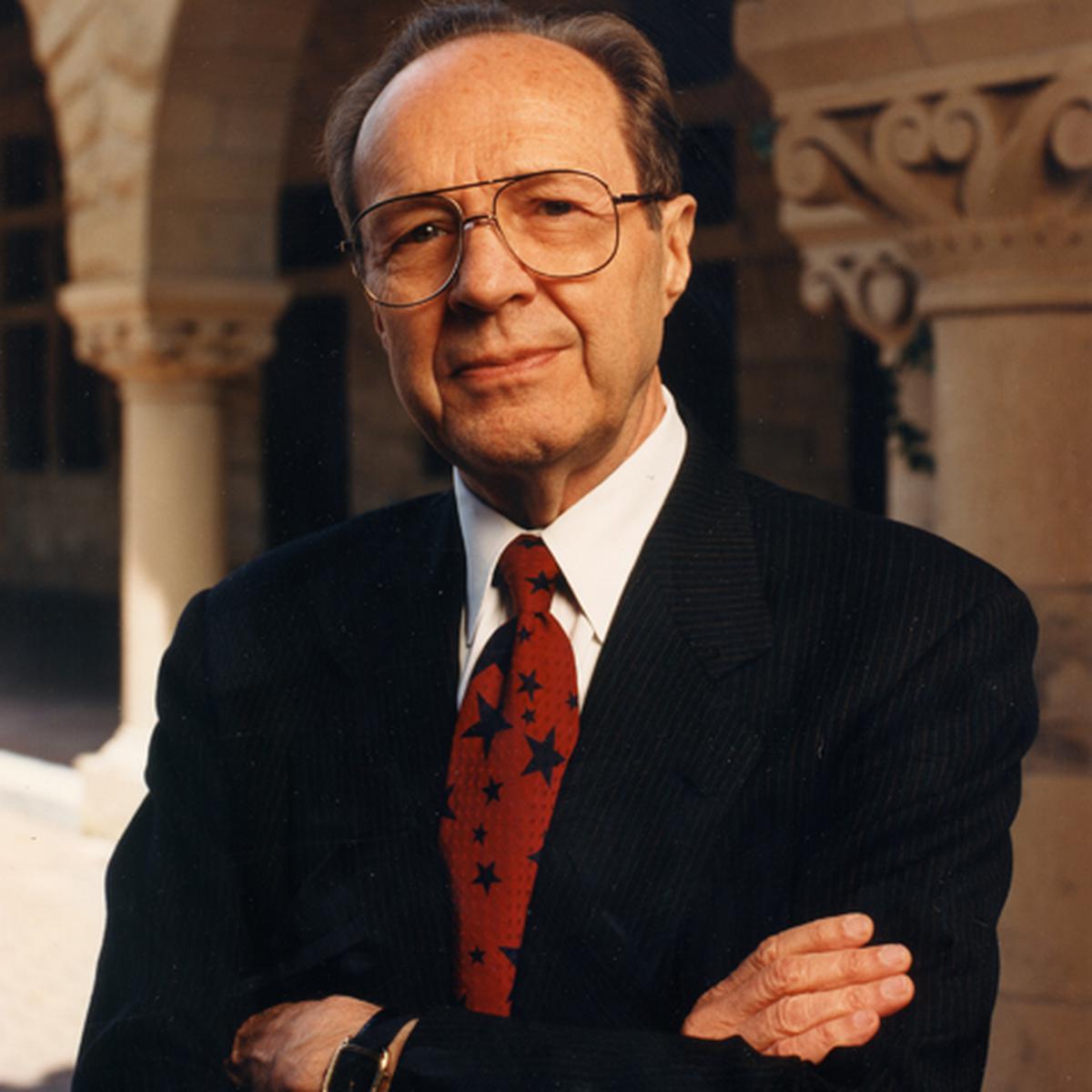
Source: autographs.se
Perry visited North Korea in June 1999, becoming the highest-ranking U.S. official to visit the country since the Korean War. During his visit, he met with North Korean officials and proposed a deal that became known as the Agreed Framework, which froze its nuclear program in exchange for aid and the construction of two nuclear power reactors.
The Poker Revolution
The story of Johann Rall and his defeat in the American Revolution is often attributed to a poker game. Rall was a Hessian colonel hired by the British to fight in the Revolutionary War.

Source: Facebook
On December 25, 1776, George Washington led a surprise attack on the Hessian troops in Trenton, New Jersey, while Rall was playing cards with his fellow officers. By the time he realized the severity of the situation, it was too late to mount a defense. The victory at Trenton became a turning point in the Revolutionary War.
Famous Words Almost Never Spoken
Martin Luther King Jr. said, “I have a dream” during his famous speech on August 28, 1963, at the Lincoln Memorial in Washington D.C. The speech was delivered during the March on Washington for Jobs and Freedom.
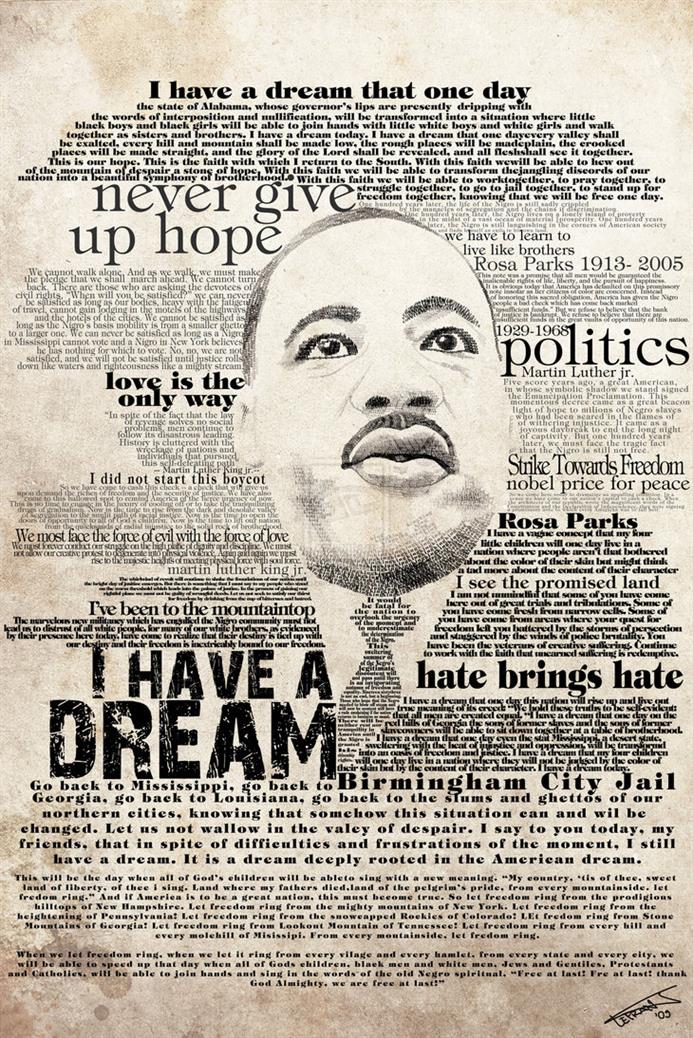
Source: myhero.com
Mahalia Jackson, a gospel singer and civil rights activist standing near the podium when King started to depart from his prepared speech, called out to him, “Tell ’em about the dream!”
Marie Antoinette’s Fatal Carriage Ride
In 1789, while France was facing a severe economic crisis and widespread poverty, the queen made a request that would ultimately contribute to her downfall — she wanted a different carriage for her trip to the palace at Versailles. She specifically requested a more luxurious and expensive carriage, despite her advisors urging her to use a simpler one to avoid upsetting the French people.

Source: Pinterest
The queen refused, believing that her status as a monarch entitled her to such luxuries. The extravagance of the carriage was seen as a clear symbol of the queen’s disconnect from the suffering of her subjects and fueled the revolutionary fervor already simmering in France.
Hannibal Barca Could Have Led Rome
Hannibal Barca, the famous Carthaginian military commander, won several major battles against the Romans during the Second Punic War. However, he ultimately did not succeed in taking over Rome itself.
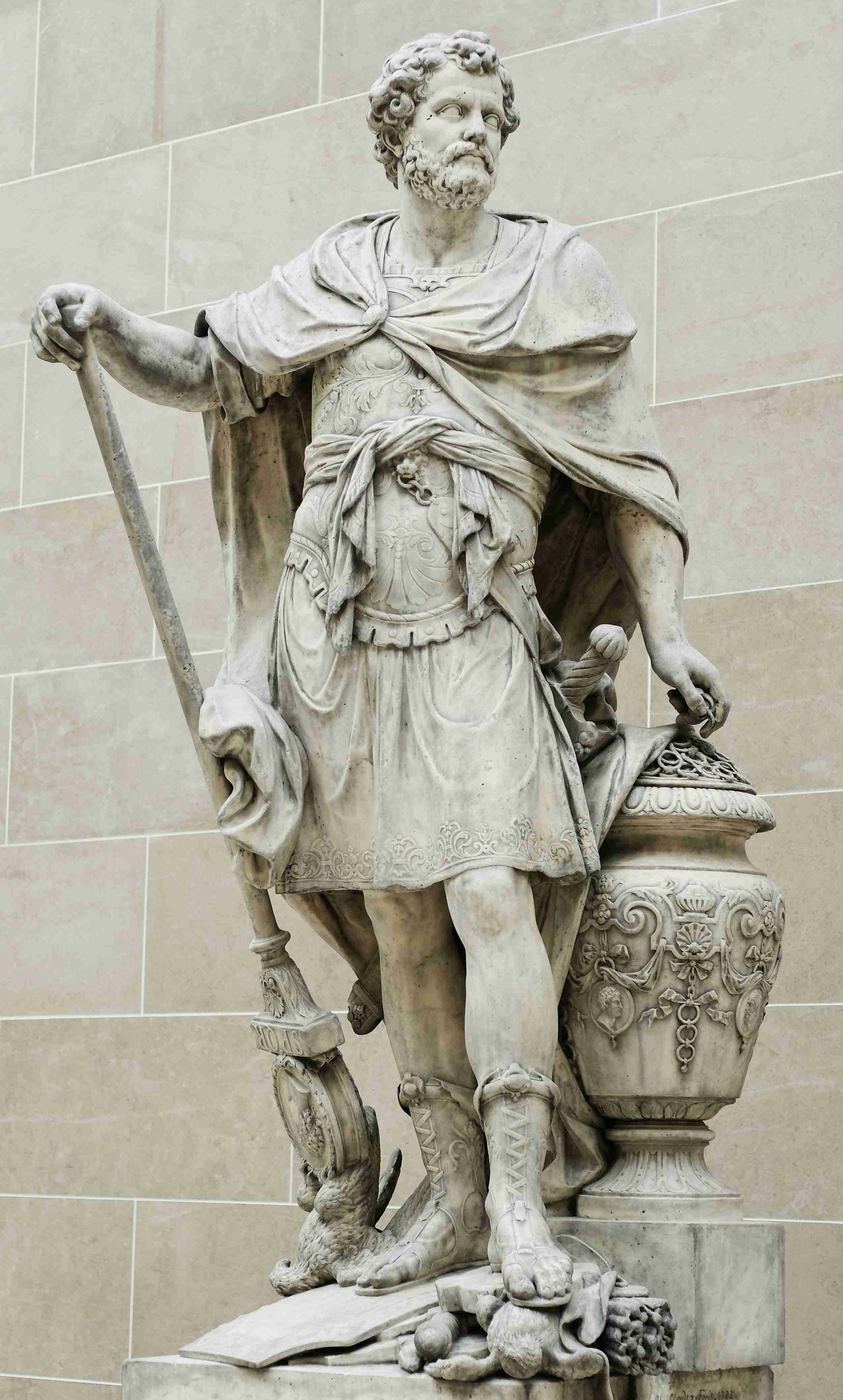
Source: Alamy
Hannibal and his army were crossing the Alps during the Second Punic War, and he wanted to test the ground to ensure it was safe for his troops and elephants. When he hit the snowdrift with his cane to check it out, the ensuing avalanche took out half his army.
Castro’s Last-Minute Luck
Marita Lorenz was 19 when she met Fidel Castro in 1959. She was traveling to Cuba to visit her father and became romantically involved with Castro, who was leading the Cuban Revolution at the time.
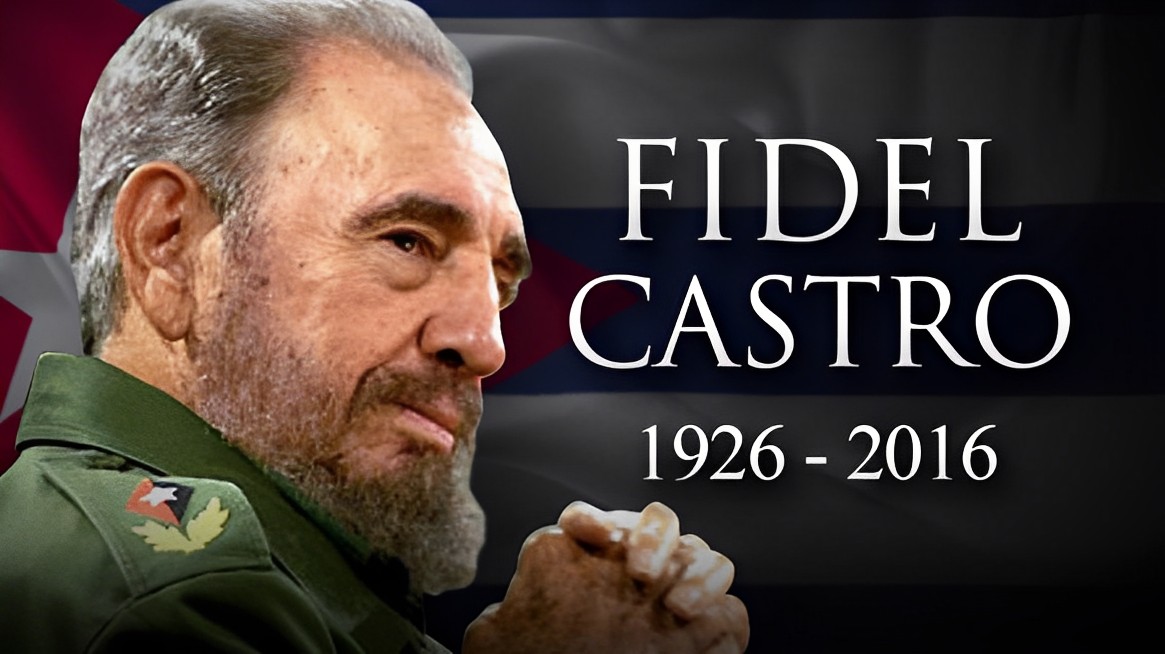
Source: wowt.com
She also alleged that she was recruited by the CIA to assassinate Castro but failed to carry out the mission last minute because she was in love. Lorenz’s relationship with Castro was tumultuous, and she eventually left Cuba and returned to the United States.
How Misplaced Plans of Attack Altered the Course of the American Civil War
During the American Civil War, Major General D.H. Hill lost important plans to General Robert E. Lee’s Confederate Army. The plans outlined the movements of Union General George McClellan’s troops, which could have given the Confederate Army a strategic advantage in the upcoming Battle of Antietam.
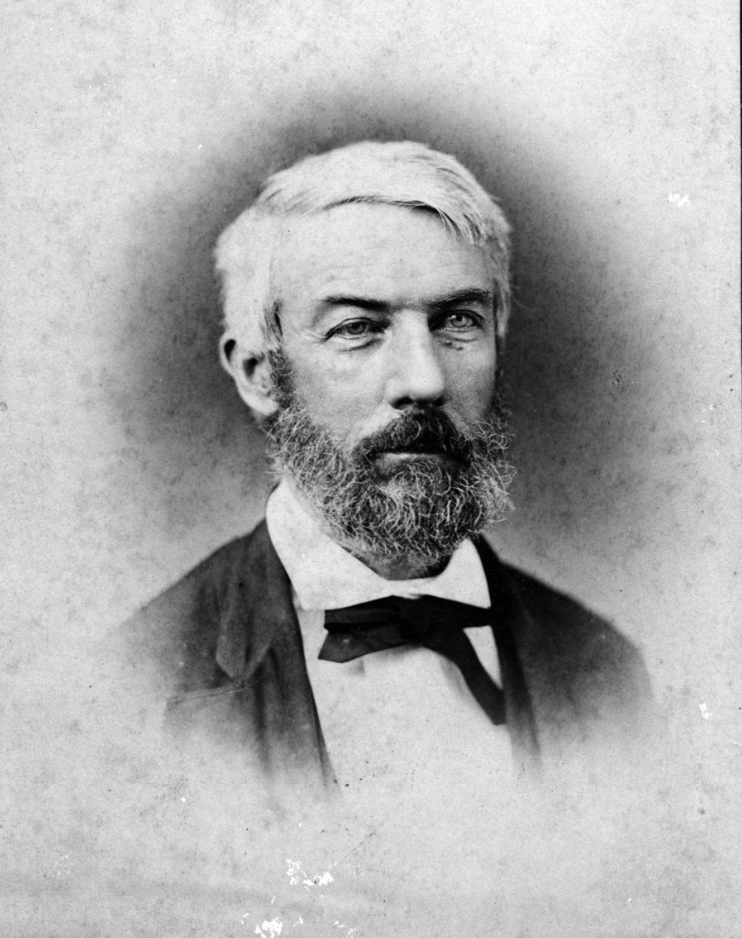
Source: battlefields.org
Hill reportedly left the plans in an envelope on the ground after taking them out to review them. A Union soldier found the envelope and delivered it to McClellan, who used the information to his advantage during the battle.
An Unsuccessful Air Strike
In April 1961, a group of Cuban exiles backed by the CIA launched an unsuccessful attack on Cuba in an attempt to overthrow Fidel Castro. The operation, known as the Bay of Pigs Invasion, relied heavily on air support to provide cover for the invading forces.
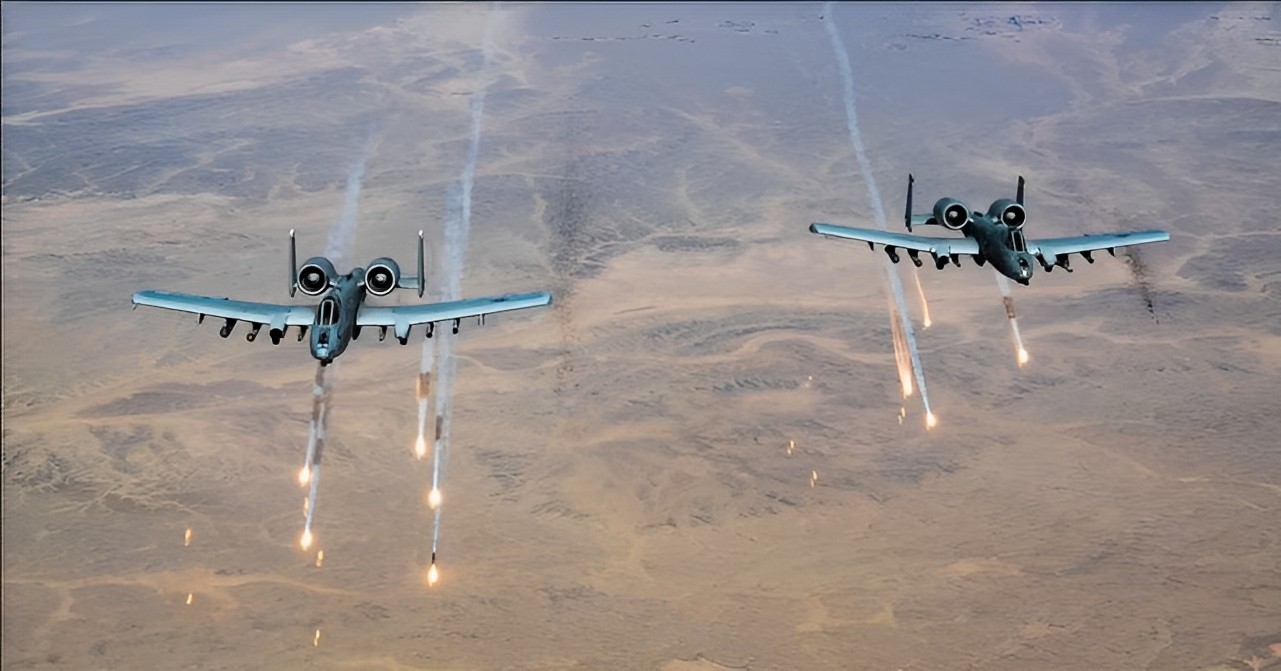
Source: armytimes.com
However, due to a miscommunication between the CIA and the U.S. military, the air support arrived an hour later than planned. This delay allowed the Cuban military to prepare and ultimately repel the invasion, leading to a major embarrassment for the U.S. government.
A Last-Minute Lifesaver
In 1928, while working at St. Mary’s Hospital in London, Fleming accidentally discovered a mold called Penicillium notatum. This mold had contaminated one of his Petri dishes that he accidentally left out during his vacation.

Source: britannica.com
He realized that the mold produced a substance with antimicrobial properties that could treat bacterial infections. This discovery led to the development of penicillin, which has saved countless lives and transformed the field of medicine.
Sparing History’s Greatest Evil
Private Henry Tandey was a British soldier who served in World War I. During the battle of Marcoing in France in 1918, he was said to have spared the life of a young German soldier lying wounded on the ground.
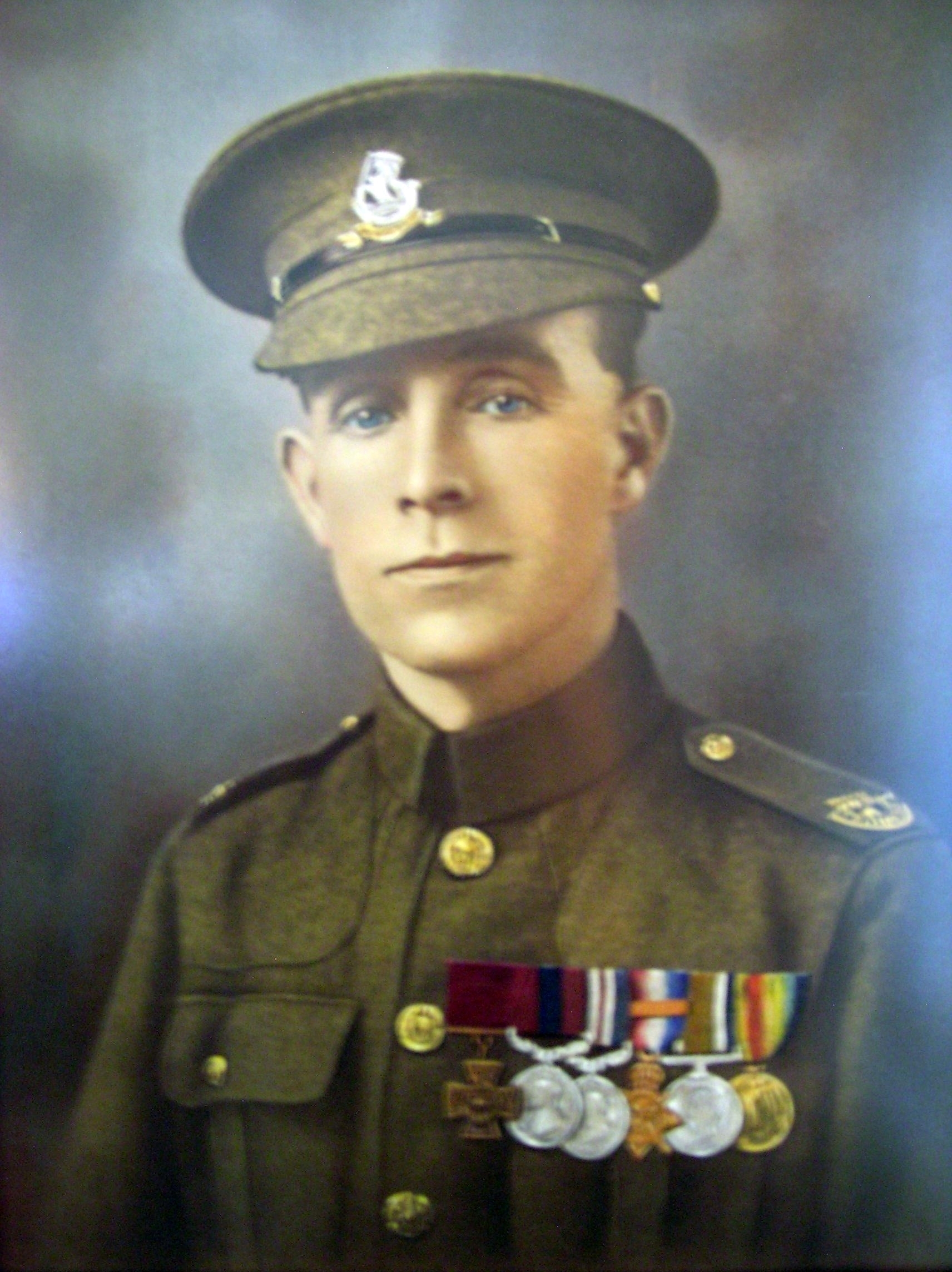
Source: Sky History
That soldier was none other than Adolf Hitler, who became the leader of Nazi Germany and one of the most notorious figures in history. Tandey later confirmed this story, saying he did not have the heart to kill a wounded man.
Putting a Halt to WWIII
In 1999, the world faced a potentially dangerous situation as Russian forces had taken control of an airport that NATO peacekeeping forces were approaching. The confrontation between the two sides had the potential to escalate into a larger conflict that could have had catastrophic consequences, possibly even leading to World War III.
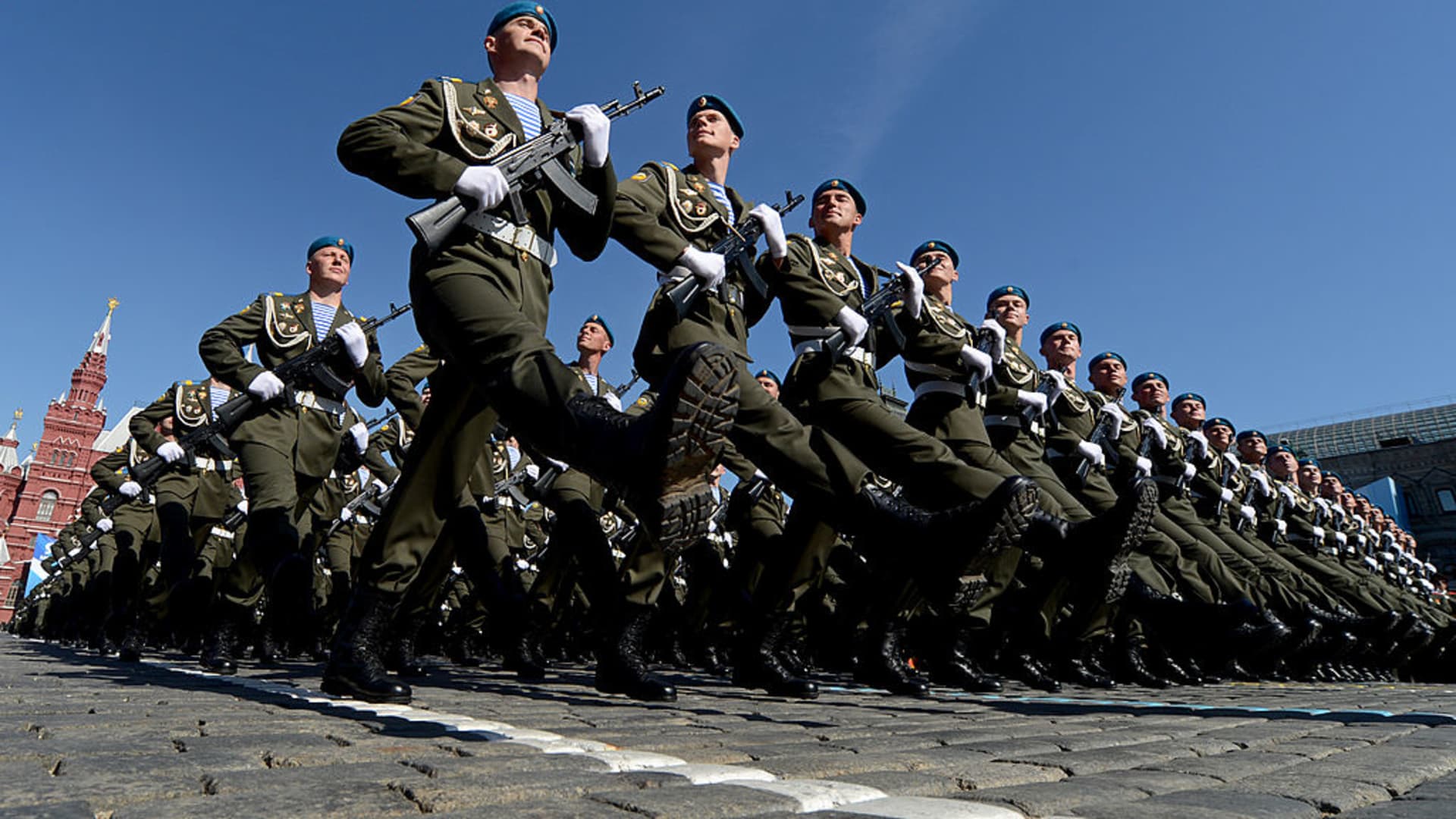
Source: Imgur
During this time, General Sir Mike Jackson, the British commander of the NATO forces, was ordered to forcibly take control of the airport from the Russian forces. However, he refused to follow these orders and told his superiors he was not willing to risk starting a third world war.
